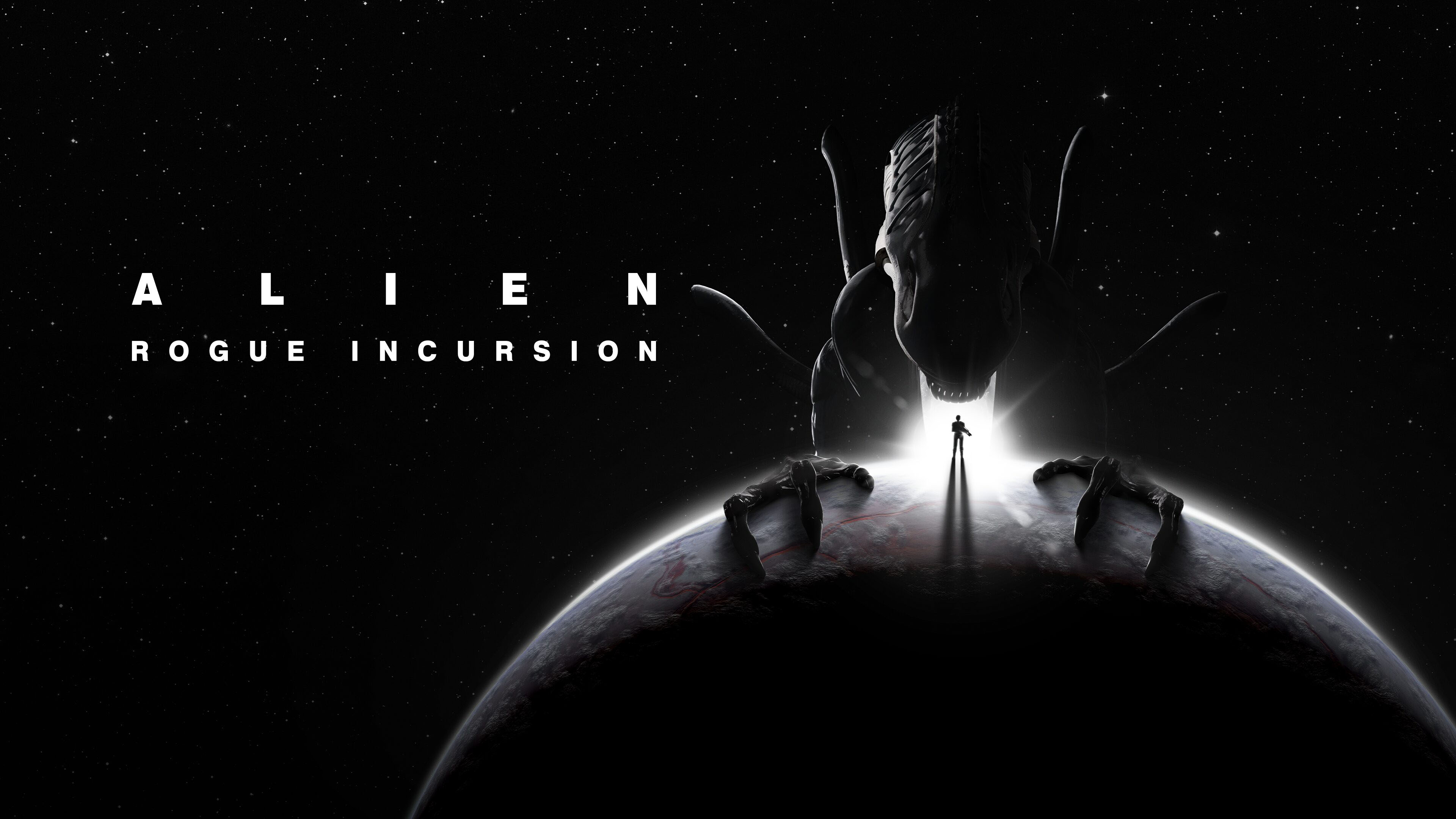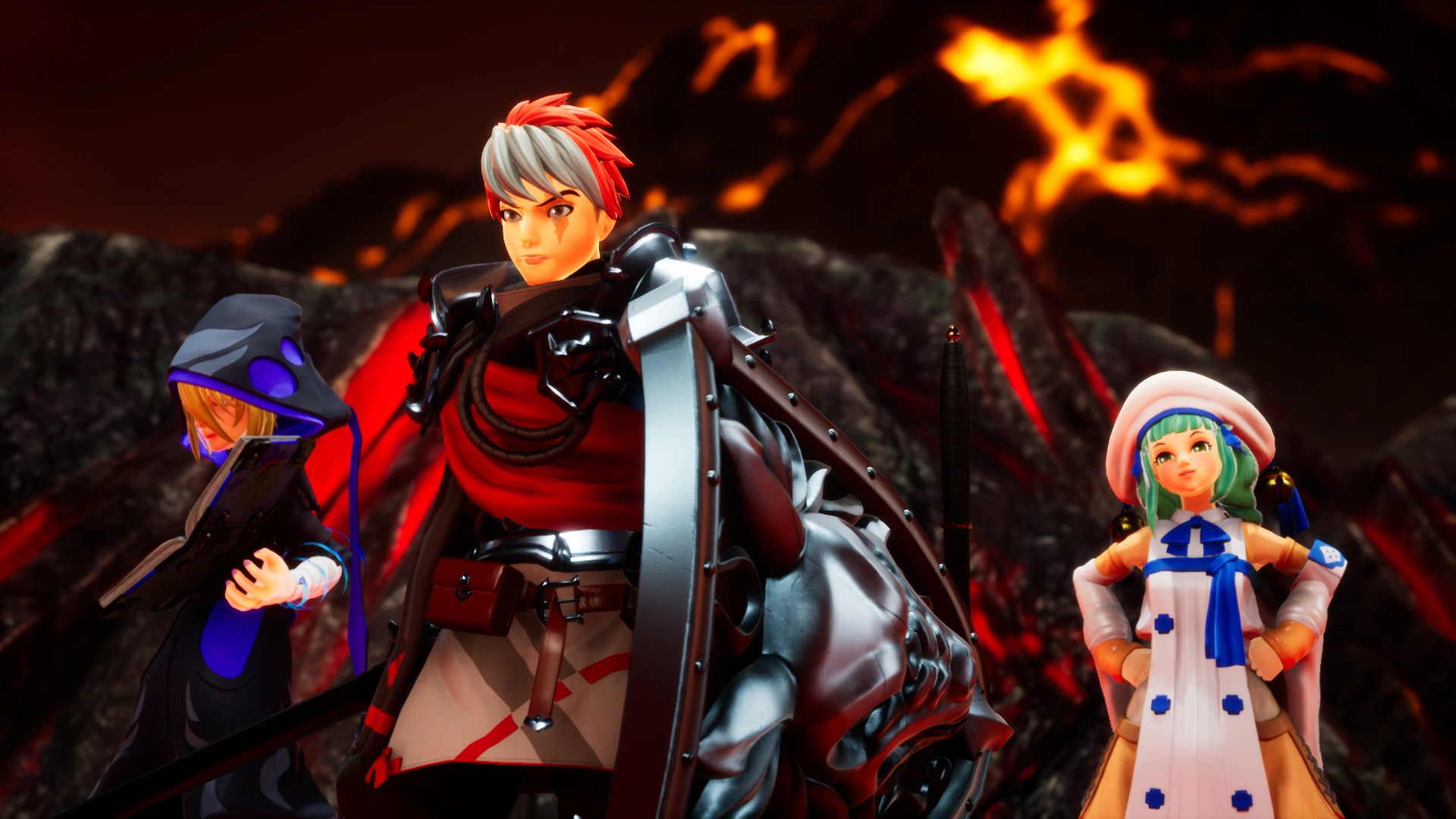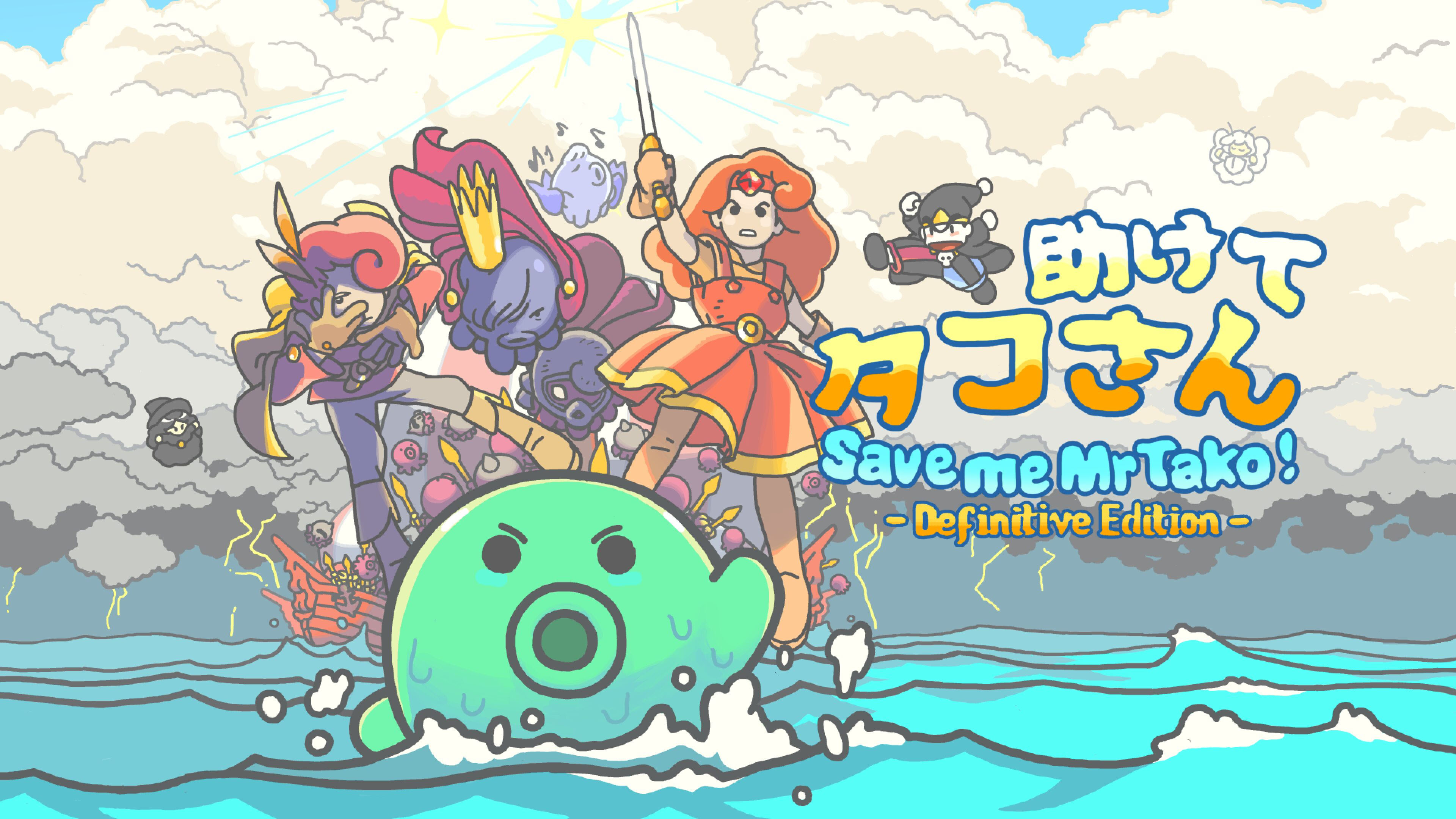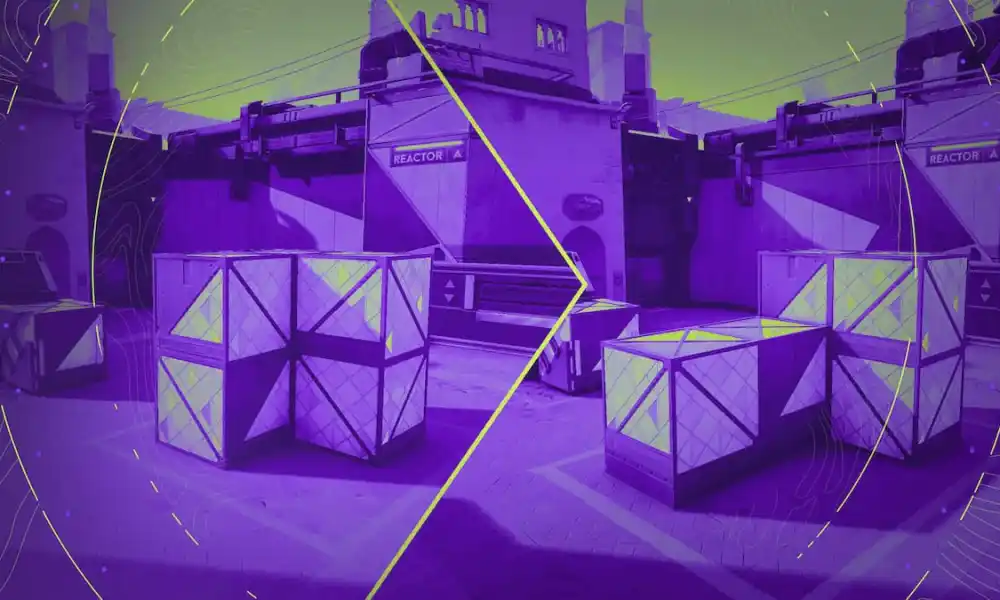Gematsu had a chance to sit down with Master Detective Archives: RAIN CODE scenario writer Kazutaka Kodaka at Game Developers Conference 2023, where we discussed the game’s mysteries, flow, world, characters, and more.
Get the full interview below.
The main concept of Master Detective Archives: RAIN CODE game is solving mysteries. What kind of cases can players look forward to solving? What is the general flow of a case?
Kazutaka Kodaka, Scenario Writer: “When a case first happens, the protagonist, Yuma, will investigate the case by borrowing the help of the Master Detectives. Each of the Master Detectives have their own unique skills called Forensic Fortes. So, whenever Yuma investigates a case, when he borrows the Master Detectives’ Forensic Fortes, there will be a different method to solve those cases. And once Yuma finds enough clues, the death god who haunts you, Shinigami, has the magical power to create the Mystery Labyrinth. And the Mystery Labyrinth is a world where the mysteries of the real world are materialized. So, as Yuma advances through the Mystery Labyrinth, the obstacles will appear, which will be the materialization of the mysteries. And the protagonist will progress through the Mystery Labyrinth, and once he solves its many mysteries and problems, eventually reach the truth.
“The Mystery Labyrinth is like a Disneyland attraction, and the environment changes as you advance through it. So it’s like you’re solving mysteries while riding all those rides. This game was made in 3D, so it’s kind of different from those other mystery games, which are in 2D and where they only have conversations. But for RAIN CODE, you can explore the world more in order to solve those mysteries.”
Can you explain a little bit more about how the Mystery Labyrinth works? What kind of puzzles players can expect to encounter while exploring it?
Kodaka: “There are enemies called Mystery Phantoms, which are the materialization of the will of people who are trying to bury the case, who don’t want Yuma to find out the truth. And the protagonist will battle the Mystery Phantoms by moving around, dodging their statements, and confronting their contradictions. Other than the battles with the Mystery Phantoms, there will also be other mysteries that come out in questions and so on. There are many different patterns of questions, so they won’t just battle, they will also have QTEs and stuff like that.”
During an interrogation, is it possible to miss evidence or even fail an investigation, or is it something you won’t be able to move forward with until you’ve acquired all the pertinent information?
Kodaka: “No, that’s not the case. The player will have to find all the evidence—they won’t be able to miss it. They’ll have to find all of it in order for Shinigami to create the Mystery Labyrinth.”

I’d like to talk a little bit about the game’s world set in Kanai Ward, which is freely explorable. How big is? Are there multiple districts, new areas that unlock as you progress—things like that? And is there more to do in that world when you’re not investigating a case?
Kodaka: “So Kanai Ward isn’t really an open world, it’s more like Persona, where you choose on the map and then explore the district. And other than investigating cases, while you’re not investigating a case, there will be the main story running. So in order to follow the main story, the player will have to go to different locations. There are also sub quests, which you can receive from NPCs, through which you’ll be rewarded.”
Do interrogations offer any dialogue options, or are they more linear and predefined?
Kodaka: “So that kind of dialogue will appear in QTE questions in the Mystery Labyrinth when investigating cases.”
Will there be an easy way for players to review case information for particularly long cases? Is there a journal that the player keeps or something like that?
Kodaka: “For particular clues and evidence, which the protagonist will find, those will become an item called a Solution Key, which will help towards solving mysteries in the Mystery Labyrinth. So that will be like the notes the player takes.”

Can you explain how a Reasoning Death Match plays out? Also, do players level up or acquire special skills or abilities?
Kodaka: “In the Reasoning Death Match, the Mystery Phantom will unleash statements which will approach the protagonist like an obstacle. And while players will dodge or slash those statements, they’ll find the correct evidence or the Solution Key which they obtained in the case investigation. And once they find the Solution Key, it can be used towards the statement that doesn’t seem right.
“There are also mini-games which users can play. By playing those mini-games, the protagonist can obtain skills. There’s a skill tree for our protagonist, like one you’d see in an RPG, where players can obtain skills. By obtaining skills, the game will be easier to play.”
In both RAIN CODE and Dangaronpa, you have characters placed in high-stress situations. How did you approach creating the same sort of tension and conflict you were able to create in Danganronpa, but in an entirely new setting?
Kodaka: “The first thing I think about is how the characters will grow—how they will gain experience throughout the story. And growth does not always mean a good thing—it could be surprising or different, maybe something negative. And I think whenever a character goes through any sort of obstacle, they will grow more, they will try to handle the situation. So by creating these stressful—high-stress—situations, I can see how the characters will grow. So I aim for how characters will appear, how they will look in the eyes of the players. I consider the first impression they leave on them.”
While we’re still on the subject of comparisons, you had this theme of hope versus despair in Danganronpa. Does RAIN CODE explore any similar themes? And if so, how is that approached?
Kodaka: “RAIN CODE will have a different theme from Danganronpa. And we can’t really say much about it, because if we do, then we’re kind of spoiling it, but people will understand what we’re trying to say. But I think that the protagonist will have to handle a lot of stressful situations.”

As the creator of both this game and the Danganronpa series, has your approach to game development evolved at all? Have you learned any lessons? I think with every new announcement you make, there are always fans who expect another game like Danganronpa. How have you evolved to be able to deliver to your fanbase, but also not make a new take on Danganronpa each time?
Kodaka: “Since RAIN CODE is created by the same staff behind Danganronpa, there will be similar elements, because they look at Danganronpa as one of their prides. So we don’t think RAIN CODE being similar in nature is a negative thing. And while Danganronpa was really well received, I thought that there was a limit when creating the scenario. So by creating RAIN CODE in 3D with the Mystery Labyrinth and all that, I thought that maybe there’s a greater audience that we could appeal to who maybe don’t really like mystery games as well. And I think because Danganronpa became as big as it did, we had more budget to create more things. And I always wanted to create a 3D game like Detroit: Become Human and Life is Strange. So that’s why we ended up creating a new IP. In the end, we made the game because we wanted to.”
What was the process of creating the Master Detectives? How did you come up with their unique powers and personalities?
Kodaka: “So there are many patterns in the process. There are some Master Detectives which were created by first thinking about the case. And from there, we go backwards and find what Forensic Forte would be good for that Master Detective. And there are also examples where we thought of the skills first and then found their case after. I was also inspired by other games—like Life is Strange has a feature in which you can go back in time. From there, I was inspired to create a time leap skill. There’s a Master Detective who can move through walls and become transparent. That idea also came from other games.”

Can you tell me a little bit more about Kanai Ward and how it’s connected to all the mysteries that you’ll be solving in the game?
Kodaka: “Kanai Ward is a city isolated from any outside communication. So it’s kind of like North Korea in a way. (Laughs.) In Kanai Ward, there are many unsolved cases happening, which the World Detective Organization sends out their Master Detectives to solve. Kanai Ward is basically controlled by a megacorporation called Amaterasu Corporation. The police don’t function properly in Kanai Ward, so Amaterasu Corporation has their own Peacekeepers who act as a police department. Kanai Ward is a city where it’s constantly raining. And the detectives will solve the very big unsolved case happening in Kanai Ward. The story is bold and well developed, so once players finish the game, they’ll feel like they’ve watched a season of a drama.”
Your earlier titles have also released on PlayStation, Xbox, and PC. Are you considering releasing RAIN CODE on these platforms in the future?
Spike Chunsoft Representative: “No.”
(In an email after the interview, Spike Chunsoft clarified, “[Master Detective Archives: RAIN CODE] is exclusive to Nintendo Switch, and we are planning release it on that platform only.”)
What can fans of your previous titles expect from RAIN CODE and what do you want to say to any first time Kazutaka Kodaka title players?
Kodaka: “Since it’s a brand-new kind of mystery game, it’s very hard to explain in words… I’m currently playing through the final stage of the game, and I’m confident that players are going to experience something that they haven’t experienced before. I think that we’ve made really good game. Even if people don’t buy it, I want them to play it.”
Thank you for your time, Mr. Kodaka!
Master Detective Archives: RAIN CODE is due out for Switch on June 30.

 1 year ago
172
1 year ago
172







